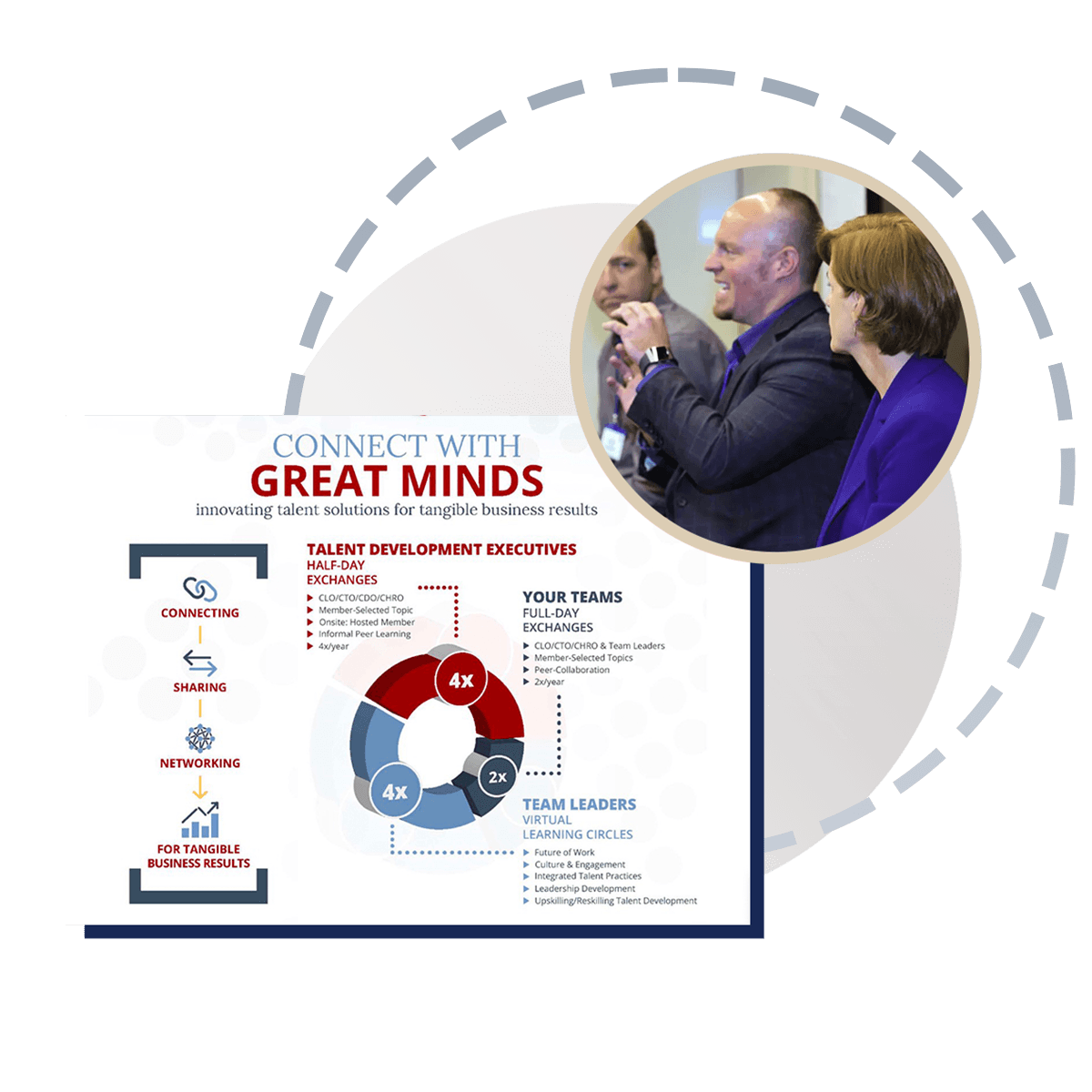Session Focus: Designing and Implementing a Successful Corporate Internship Program
In today's competitive talent landscape, internships serve as a powerful pipeline for attracting and developing future employees. The session "Designing and Implementing a Successful Corporate Internship Program" provided insightful strategies for creating highly effective internship experiences that benefit both students and companies.
Three key takeaways emerged:
1. Structure a comprehensive program including orientation, projects, mentorship, capstone presentations to ensure a quality intern experience.
2. Be intentional about recruiting from a diverse array of schools and organizations to build an inclusive talent pipeline.
3. Provide meaningful work assignments and fully integrate interns into the company culture to attract top talent and facilitate conversion to full-time hires.
Ruben eloquently stated, "The better the tasks and responsibilities you give them, not only are they just going to be more valuable to you, but if you provide vague goals, you're going to get vague results." Clearly defined, substantive projects allow interns to contribute while developing critical skills.
Best practices highlighted include partnering with groups like Greenwood Project and Year Up to access underrepresented student populations. Thoughtful onboarding, mentorship programs, cohort networking events, and culminating capstone presentations deeply integrate interns into the organizational culture.
By investing in robust internship experiences, companies can enhance their employment brand, identify high-potential future employees, and inject fresh perspectives into the workforce. An intentionally designed, high-caliber internship program pays dividends for the interns' professional development and the company's talent pipeline.
